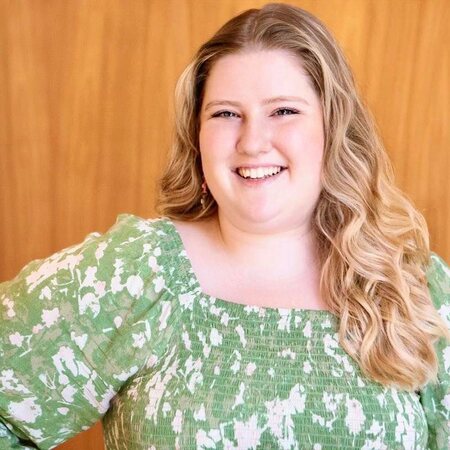Mentorship Expectations & Benefits
Partnership Commitment
Mentorship pairs participate in four meetings over 16 weeks. Meetings can be in-person or virtual, as needed and preferred by the pair. Mentors and mentees build the format of the meetings together based on individual needs. Meetings often include conversations, shadowing projects, seeing and discussing productions, or introductions.
Financial Commitment
The program is free to participate in; there is no financial requirement or compensation for either mentor or mentee in a pair. The mentor is never expected to provide work or a job for the mentee. The mentee is never expected to do unpaid labor for the mentor. On occasion, mentors will be offered the opportunity to lead a paid workshop for program participants.
Mentor Expectations
Mentors are expected to:
- Engage enthusiastically in the practice of questioning.
- Be communicative and responsive throughout the duration of the program to both their mentee and the Mentorship Program administrator.
- Co-create a clear vision with the mentee of time will be spent.
- Answer questions about mentee’s goals and development, based on personal experience and knowledge.
- Share impactful experiences and career highs and lows that led to fulfilling work or life lessons for the mentor or others.
- Recommend readings, viewings, or skills to learn.
- Mobilize the mentee by recommending people and organizations they might engage to further develop their network.
- Reach out to the Mentorship Program administrator if support is needed throughout the process.
- Fill out a midpoint survey halfway through the program and a debrief survey at the end of the program.
Through this program mentors can:
- Engage and build connections with different types of theatre practitioners.
- Grow the culture of generosity in the arts by watering another artist and watching them bloom.
- Cultivate local talent and empower the DC community.
- Push the field forward by sharing best practices based on their unique experiences.
- Engage in dynamic conversations with artists who have fresh perspectives on the industry.
- Practice self-reflection and gain self-confidence from supporting another artist in their journey.
Mentee Expectations
Mentees are expected to:
- Engage enthusiastically in the practice of questioning.
- Be communicative and responsive throughout the duration of the program to both their mentor and the Mentorship Program administrator.
- Co-create a clear vision with the mentor of time will be spent.
- Bring new questions to the table throughout the program as they build upon prior discussions.
- Set goals to apply helpful advice from the mentor and share results.
- Lead with their interests and aspirations to tailor meetings to support their growth.
- Reach out to the Mentorship Program administrator if support is needed throughout the process.
- Fill out a midpoint survey halfway through the program and a debrief survey at the end of the program.
Through this program mentees can:
- Experience professional skill-building through one-on-one coaching with role models.
- Increase professional visibility and develop a deeper understanding of the Washington, DC-area theatre community.
- Increase self-confidence through defining artistic goals and practice.
- Build career momentum by finding a “next step” for their artistic journey.
- Attend any workshops scheduled through the program for free.
Can I ask not to be paired with a specific mentor or mentee?
Yes. If you have any reason you’d prefer not to be matched with a specific person, please reach out directly to program lead Alissa Klusky. Your ask will be confidential and seen only by Alissa.

